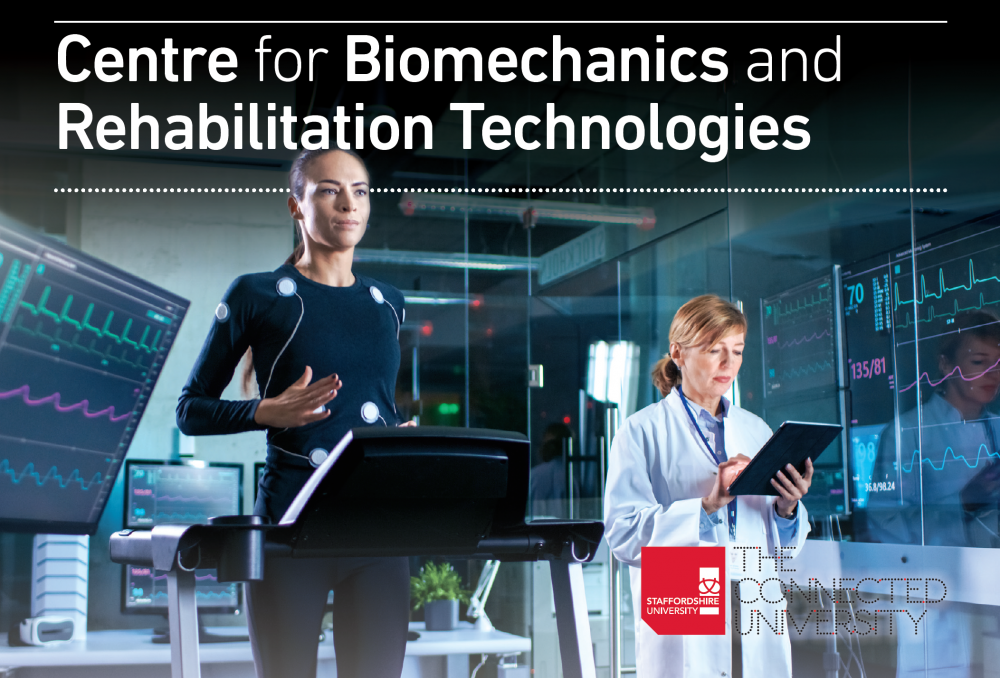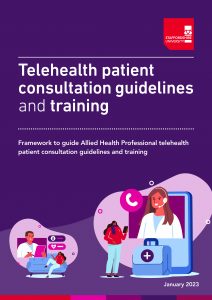
A Staffordshire University Professor has received a top honour recognising his contribution to the advancements of the podiatry profession.
Professor Nachiappan Chockalingam, Director of the Centre for Biomechanics and Rehabilitation Technologies, received an Honorary Fellowship from the Royal College of Podiatry at an event in the House of Lords.
This fellowship is conferred upon individuals who have made a substantive and significant contribution to the advancement of the podiatric profession in clinical practice, education, service management or research.
With support from colleagues and collaborators within the profession, Professor Chockalingam has contributed to the development of musculoskeletal podiatry in the United Kingdom. He has supervised and trained numerous podiatrists through the University’s post-graduate provision.
His globally recognised research on foot and footwear biomechanics has helped in scientific understanding of the mechanics of the foot and has provided evidence for clinical practice.
Receiving the honour, Professor Chockalingam said: “Receiving this fellowship is not just my own achievement; it represents the hard work of all the people I have worked with, from the podiatry profession and all those students for their dedication and unwavering belief in the power of knowledge and the pursuit of excellence.
“Throughout my academic and professional journey at Staffordshire University, I have been fortunate to work with some brilliant podiatrists who engaged with me in critical debates on scientific aspects of their clinical skill set. Some of these conversations have led to the development of seminal publications to provide evidence for practice.
He added: “With this honour comes a duty to contribute to the advancement of knowledge, to address pressing societal challenges, and to inspire others to follow their academic passions.”
Earlier this year, Professor Chockalingham was named a fellow of the International Society of Biomechanics (ISB) at their 29th global meeting in Fukuoka, Japan. This fellowship recognised his distinguished professional achievement in biomechanics, support for young researchers and his work to promote inclusive research amongst Allied Health Professionals.
Staffordshire University Vice-Chancellor Professor Martin Jones said: “We would like to extend our heartfelt congratulations to Professor Chockalingam on these latest honours which are so richly deserved. Nachi and his team are exponents of research excellence, he makes a huge contribution to our research culture here at Staffordshire University and we are enormously proud of all has achieved.
“Nachi brings together practicing clinicians and researchers with a view to improving patient care and the Staffordshire Conference in Clinical Biomechanics, now in its 21st year, is a big part of this. To have him recognised by his peers both here in the UK and internationally is the icing on the cake!”





